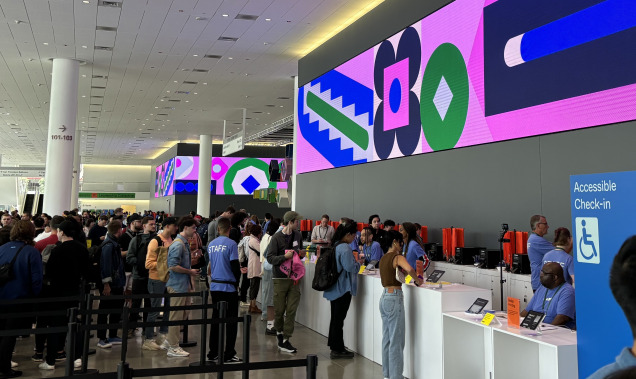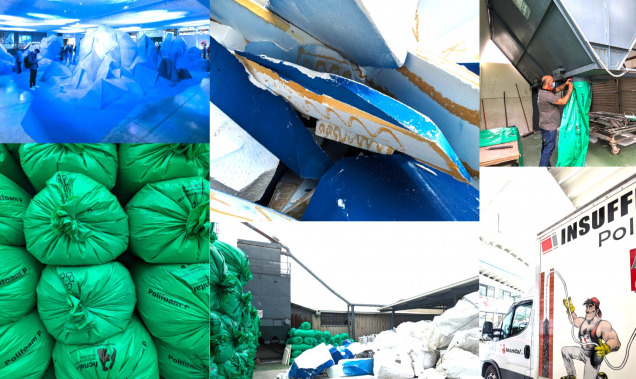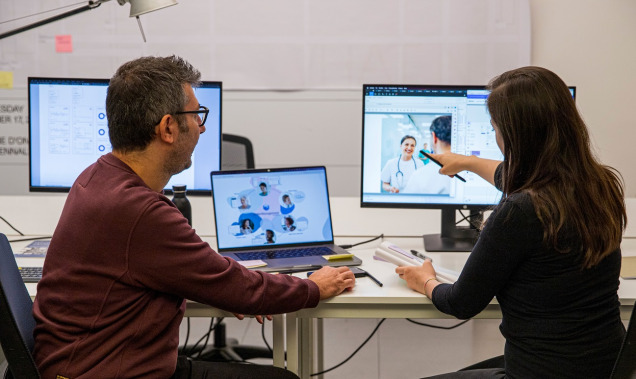How we are trying to re-shape our lives during a pandemic
Coronavirus lockdown has been the biggest challenge we’ve faced since World War II. In March 2020, we suddenly re-shaped our lives, being forced to stay home 24/7 without any possibility to go out, except for primary needs.
Who saw that coming?
Luckily our ability to adapt is stronger than ever in critical situations.
In this article we explore how we are reacting to isolation through finding alternative ways of “keeping going”, and how the market and institutions are responding to people’s needs, confirming that adversities are the main catalyst to evolve well and fast.
1. We are adapting to a remote social life, and we are trying to fight stressful moments
Humans are social butterflies by nature. Networking and the idea of belonging to social groups are not only a characteristic, but a real necessity. Social deprivation caused by the outbreak may cause real harm to mental health, causing stress, fear, and sadness.
Therefore, the World Health Organization has released a set of best practices to cope with stress:
Maintain a healthy lifestyle, including proper diet, sleep, exercise, and social contacts with loved ones.
Find credible sources of information in order to get real facts and not to be influenced by fake news.
Draw on skills you have used in the past that have helped you to manage previous life’s adversities and use them to help you manage your emotions.
Regarding the first point, how are people managing to keep in touch with family and friends? The Internet is key and search trends on the web confirm that. The following image portrays the trends in online searches for video call software during the past year.
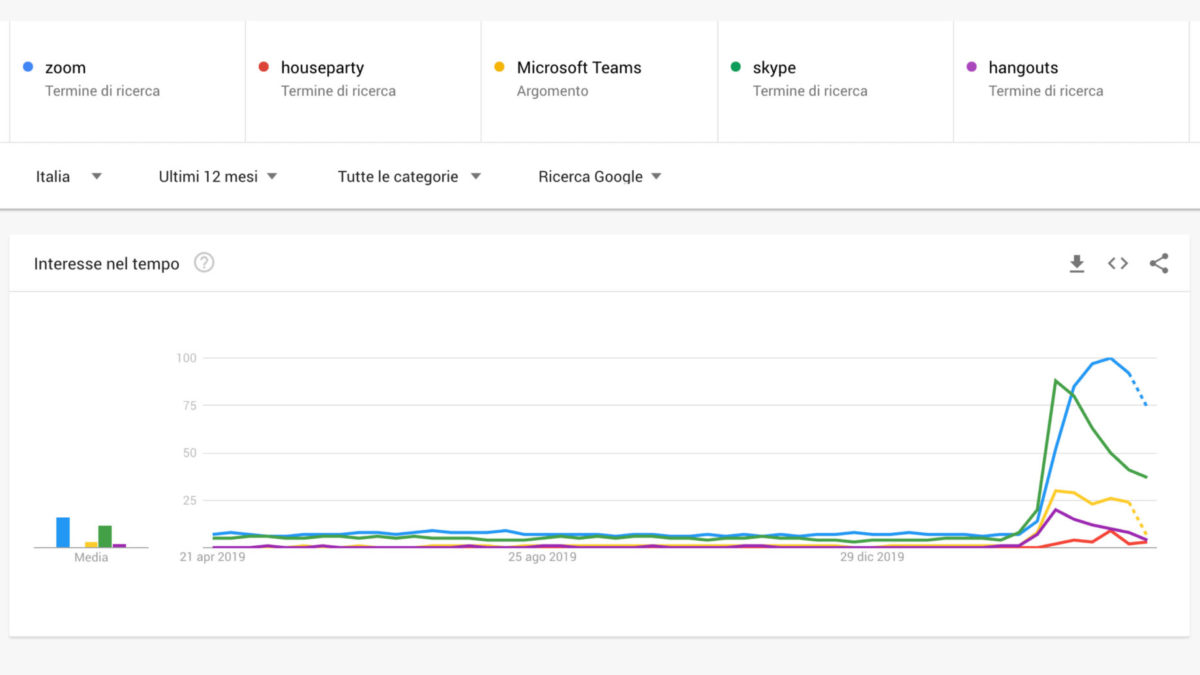
The graph shows that since March 2020, there has been a considerable increase in interest for Zoom and Skype, the two most well-known video call platforms in Italy, highlighting people’s spirit of aggregation even when face-to-face communication is not possible at (the aforementioned software is also used for working from home).
2. We are trying to adopt telemedicine (but results are still poor)
Safety is crucial, and as individuals, we are doing our best to not spread the virus. Unfortunately, in addition to this highly infectious epidemic, most of the national health systems have faced the risk of hospital congestion.
As this pandemic has shown us, “A health system that is not primary care-led is a weak and expensive one.”
The good thing is that the quarantine has pushed us to embrace telemedicine. While the user experience of telemedicine still has big gaps (as explained in the article linked above), the current situation is a good chance to improve the model.
3. We are spending money online more than ever – and retail is evolving accordingly
According to Nielsen, in the last weeks, consumption has increased 79,8% online vs. just 12% offline. This boost of demand has highlighted the lack of skills and availability (of both goods and technologies) among retailers (the smaller ones in particular).
Even Amazon, which is well-known for short delivery times, sophisticated technology, and great logistics, has decided to give priority to first necessity goods, offering its customers a smaller product selection than usual.
Even though COVID-19 has obliged big companies to slightly re-shape their offer in terms of product availability, the most affected retailers are those that were not prepared for a forced stop, especially the ones without any e-commerce to differentiate themselves in the increasingly segmented market.
Hence, in an attempt to try and embrace the unexpected rise in demand, these SMEs are now approaching door-to-door deliveries and e-commerce for the first time. According to Osservatorio eCommerce B2c of Polimi, before the outbreak, out of 100 euros spent on food by Italian consumers, for example, only one euro was spent online. During the Coronavirus epidemic, te figure has increased by 2000% (full interview to Valentina Pontiggia by Polimi is available here).
This is definitely not going to be just a temporary development, and it’s a great moment to evolve a business for a more successful post-pandemic period.
4. We work and learn from home (despite questionable results)
Schools are among the most affected entities amidst the COVID-19 crisis. The Italian Ministry of Education (Miur) has had to find alternative solutions to keep the on-going scholastic year going for some 1,6 million students.
For the students facing their exams this year, the situation is particularly challenging. For instance, the official national exam to graduate from high school, esame di stato, has been redesigned, taking into consideration two hypothetical scenarios:
Students can return to school before May 18. Two written tests instead of the usual three and a final oral test.
Students cannot return to school. Only one oral exam by video call.
The exam has not been changed so drastically since the 1997 educational reformation.
Moreover, teachers and professors have been forced to rethink lessons, methodologies, teaching techniques, and ways of collaboration with their students. Fortunately, technology was already there, with a wide range of possible tools and services readily available to fill up the physical gap.
Perhaps one of the most surprising outcomes of the lockdown is the increased interest in learning new skills as an activity for free time. In fact, people are discovering a new way of learning by online courses, approaching life-long learning for the first time. The following graph confirms this, showing that searches for “online courses”, “Udemy” and “Coursera” (examples of online learning platforms) have significantly increased during the lockdown.
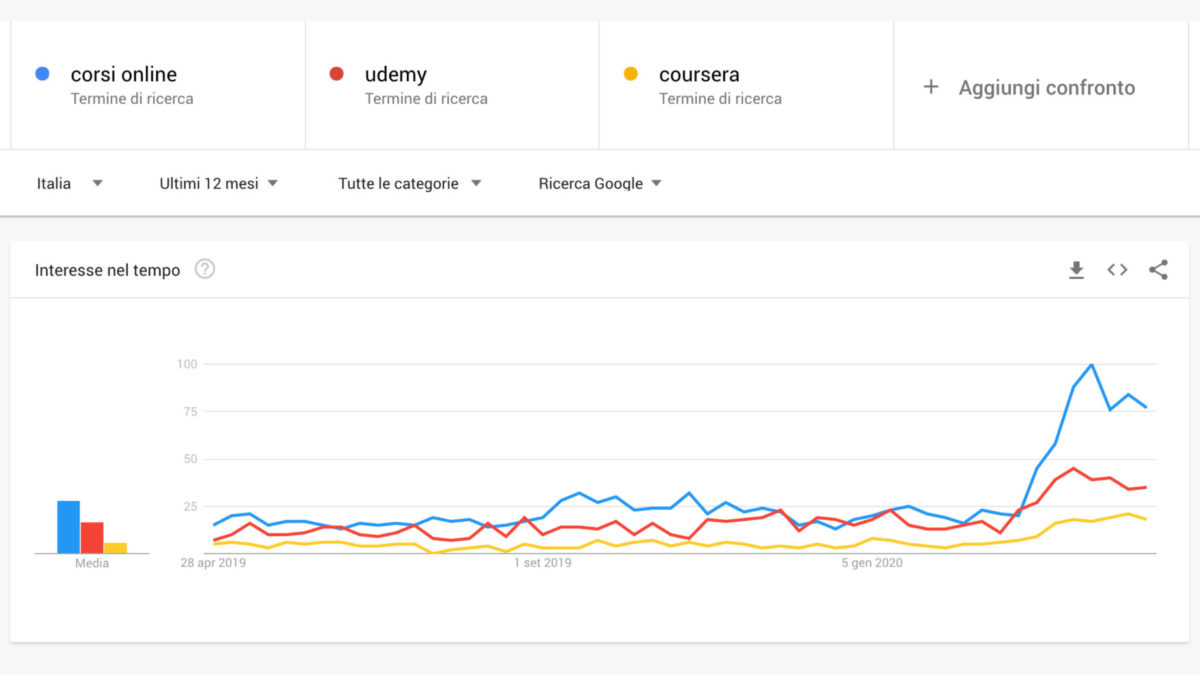
5. We entertain ourselves much more… but that requires more internet bandwidth
Perhaps not surprisingly, we also entertain ourselves much more. This is not just a Netflix moment: most entertainment services based on internet connection (from social media such as Facebook and Instagram to streaming video platforms such as YouTube and Prime Video) have registered a growth anywhere between 20 and 50%.
The gaming industry is blowing up, too: Twitch, the Amazon streaming service for gamers, has seen a 31% growth in viewers (which is why Facebook launched its own gaming platform in advance, strategically exploiting the positive wave caused by the outbreak).
This would not be a problem if it did not occur during a pandemic.
In fact, the extreme usage of internet bandwidth may slow down and mess up primary activities for the community (e.g. working from home and school lessons). The gloomy worst-case scenario is a server meltdown. Facebook’s CEO has also voiced the issue: “This isn’t a massive outbreak in the majority of countries around the world yet, but if it gets there, then we really need to make sure we’re on top of this from an infrastructure perspective to make sure that things don’t meltdown”, Mark Zuckerberg said.
To solve this issue, Thierry Beton asked entertainment services to limit streaming definition in order not to compromise servers all over the world.
Conclusion
Little by little new challenges are coming out and people are reacting accordingly. Coronavirus has not come to an end yet but the epidemic has been so far a great chance to focus on our needs. Moreover, it has been a great teacher to prepare ourselves for the biggest adversities of life.


